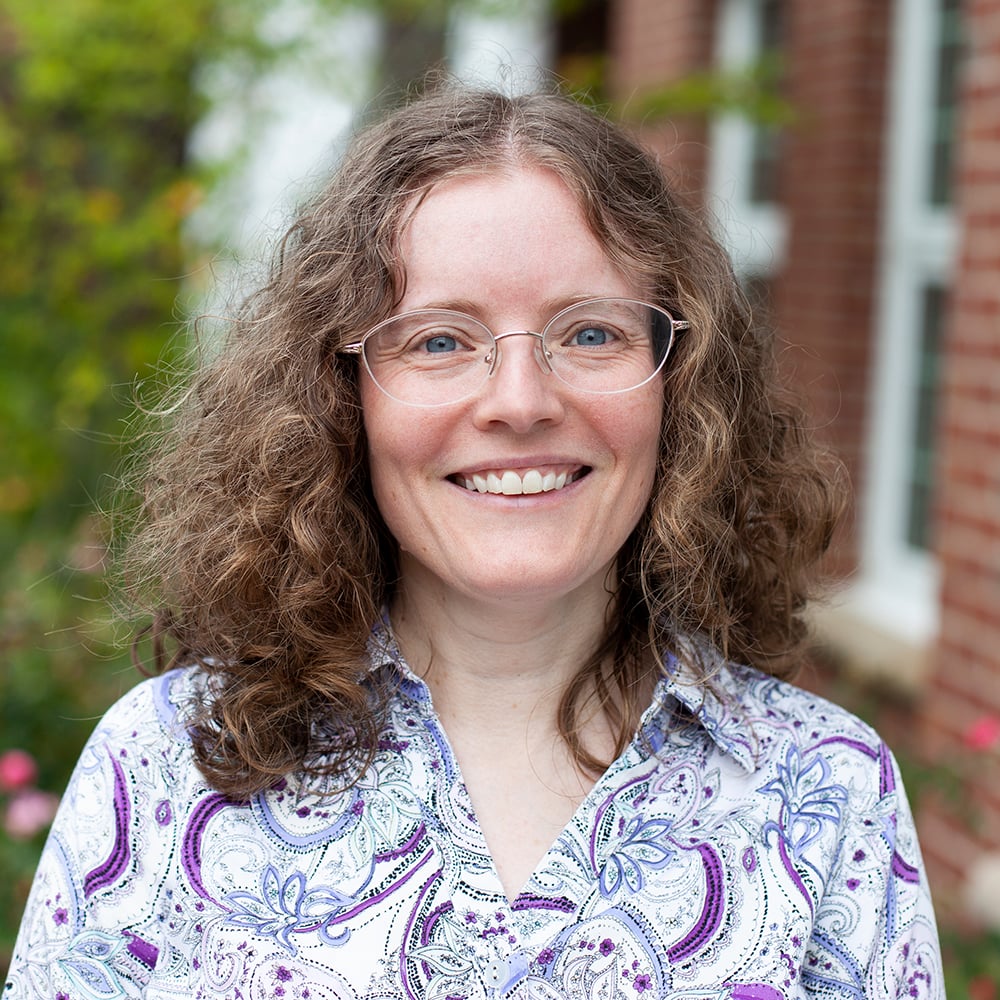Listen to this article | Produced by ElevenLabs with an AI voice.
Love bade me welcome: yet my soul drew back
Guilty of dust and sin.
But quick-ey’d Love, observing me grow slack
From my first entrance in,
Drew nearer to me, sweetly questioning,
If I lack’d any thing.
A guest, I answer’d, worthy to be here:
Love said, You shall be he.
I the unkind, ungrateful? Ah my dear,
I cannot look on thee.
Love took my hand, and smiling did reply,
Who made the eyes but I?
Truth Lord, but I have marr’d them: let my shame
Go where it doth deserve.
And know you not, says Love, who bore the blame?
My dear, then I will serve.
You must sit down, says Love, and taste my meat:
So I did sit and eat.
This is the most famous of the poems written by George Herbert (1593–1633). It is also the final poem in the main section of The Temple, which is the collection of his English poems.
Throughout the spiritual journey of Herbert’s poetry (the main section of The Temple contains over 160 poems), the love of God in Christ has been his spoken and unspoken theme every step of the way. Sometimes Herbert’s poetic persona has been aware of it, sometimes not being able to feel God’s loving presence has plunged him into desolation. Other times he has sought to flee from God’s love. Often his sense of unworthiness has made it extremely difficult for him to accept that God could possibly love him. Many times, he has tried to earn or deserve God’s love in some way. Much of that complex mix is present in this final poem. Much of that complex mix describes us and our walk with God too.
Through all the ups and downs of his own faith journey, this saving love of God has been the truest and deepest thing he has known about God, and about himself. And knowing himself as he does, that is why Herbert assumes that this is also true for all of us who read his poetry. If God can love him so dearly and so deeply, then that is how God loves the rest of us too. That is why Herbert wants Love to be his––and above all, God’s––last word to all those whose journey of faith has led them to follow his own through this central collection of poems in The Temple.
In his manual for pastors, Herbert describes how a pastor might come alongside those who are in spiritual despair, fearing that God cannot possibly love such as them. His poetry makes clear that he has trodden this path, and we see it even here in this final poem. Herbert also knows from experience, though, that those who fear in this way are far closer to God than they realize, and that God is far closer to them they may be able to discern for themselves. And so he urges the pastor to “dive into the boundless ocean of God’s love” with them. The pastor is to show them that God loves everything that he has created, including them, because how could the perfect Artist hate anything that he has made? And his love for them as sinners is even greater than the love with which he created them, because out of that love he came as Love incarnate to overcome all that separates them from his love. Only by utterly despising that Love, says Herbert, can we shut ourselves out. It is only thrusting away his arm that prevents us from being embraced by God.[1]
Just in case this has you wondering, Herbert was indeed thoroughly Reformed in his soteriology.[2] In this section of The Country Parson, we see Pastor Herbert urging those who are struggling in their faith to entrust themselves to the love of God, because he knows full well that if they both feel their need for God’s love and long for it, that is already the work of the Holy Spirit within them.
In “Love III,” we see Herbert trying one last time to turn away from Love, and how Love’s infinitely gentle patience and persistence (and wry humor!) overcome his resistance. The deeply beautiful tenderness and wondrously thoughtful attentiveness of the perfectly loving Host ensures that his guest finally feels wholly welcome, utterly loved, and completely at home.
In an earlier poem, called “The Glance,” Herbert anticipated the overwhelming holy awe of experiencing Christ’s full-eyed love in eternity, more radiant than a thousand suns. He isn’t quite ready for that here, but quick-eyed Love immediately notices what this particular beloved guest needs. Frozen at the threshold, crushed by his sense of unworthiness, Herbert doesn’t need dazzling light in that moment. Like so many of us, he simply needs loving intimacy. So Love comes close, and just as Jesus so often does in the gospels, asks what he would like. It all comes pouring out: Herbert’s sense of being hopelessly unworthy and unlovable, and yet, in his exclamation, “Ah my dear…!” we see all of his love and longing too. With unutterable tenderness, Love responds by taking his hand. Throughout Herbert’s poetry, this is the gesture that most intimately signifies Christ’s love for him.
Even when he finally accepts that he is indeed loved and welcome, Herbert still cannot quite allow himself simply to be a beloved guest: “My dear, then I will serve!” Ever so gently, Love is having none of that. In this life we are indeed called to love and serve God and others as our response of gratitude for all that we have received from God. But this poem is a glimpse into the fullness of our redemption, when Jesus promises that we will recline at his table, and he himself will serve us (Luke 12:37). Like the younger son in the parable (Luke 15:11-32), we will be welcomed home not as servants but as the beloved children we are, with the table set for a feast.
And so, in that beautiful final line––and after so many poems reflecting his struggle to accept that he really is beloved of God, and to allow himself to truly receive God’s grace, we have Herbert’s expression of complete surrender.
In the meanwhile, there is another table to which we are lovingly welcomed by our dear Host, as a foretaste of the coming marriage feast of the Lamb. Herbert loved the Lord’s Supper with every fiber of his being, so it is no surprise that this depiction of coming home to Love also points us to the communion table. Let Love bid you welcome to that table, until the day when he will welcome you home to his eternal feast.
For further reflection:
- In this poem, Herbert is at last able to rest in the experience of being wholly known and wholly loved. Allow yourself to anticipate what this might be like for you. How might this help you to live more freely for Christ now, as you wait for him to welcome you into the fullness of your redemption?
- “Love took my hand, and smiling didst reply …” Imagine Christ taking your hand and smiling at you. What do you feel? And how might Christ reply to your doubts, struggles, and fears?
- Consider taking the time to learn this poem by heart, to let it continue to teach you about yourself, and about the Lord who loves you.
Adapted from the reflection on “Love III” in Suzanne McDonald, Love Bade Me Welcome: Drawing Nearer to God with the Poems of George Herbert (Cascade Books, forthcoming). Used with permission
[1] This is from Chapter 34 of Herbert’s The Country Parson, which can be found in John Tobin, ed., George Herbert: The Complete English Poems (Penguin, 2004), pp.253–56, with this passage being on p.256.
[2] He has a trenchant poetic statement of “double predestination” in his poem, “The Watercourse,” and in another poem, “Dialogue,” he presents a conversation between himself and Christ which is in part an illustration of God’s eternal election and his irresistibly sovereign grace.







